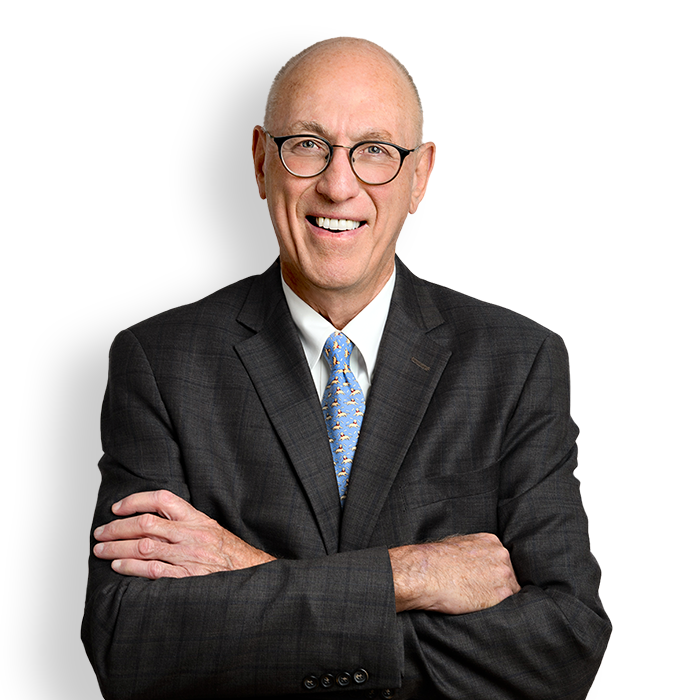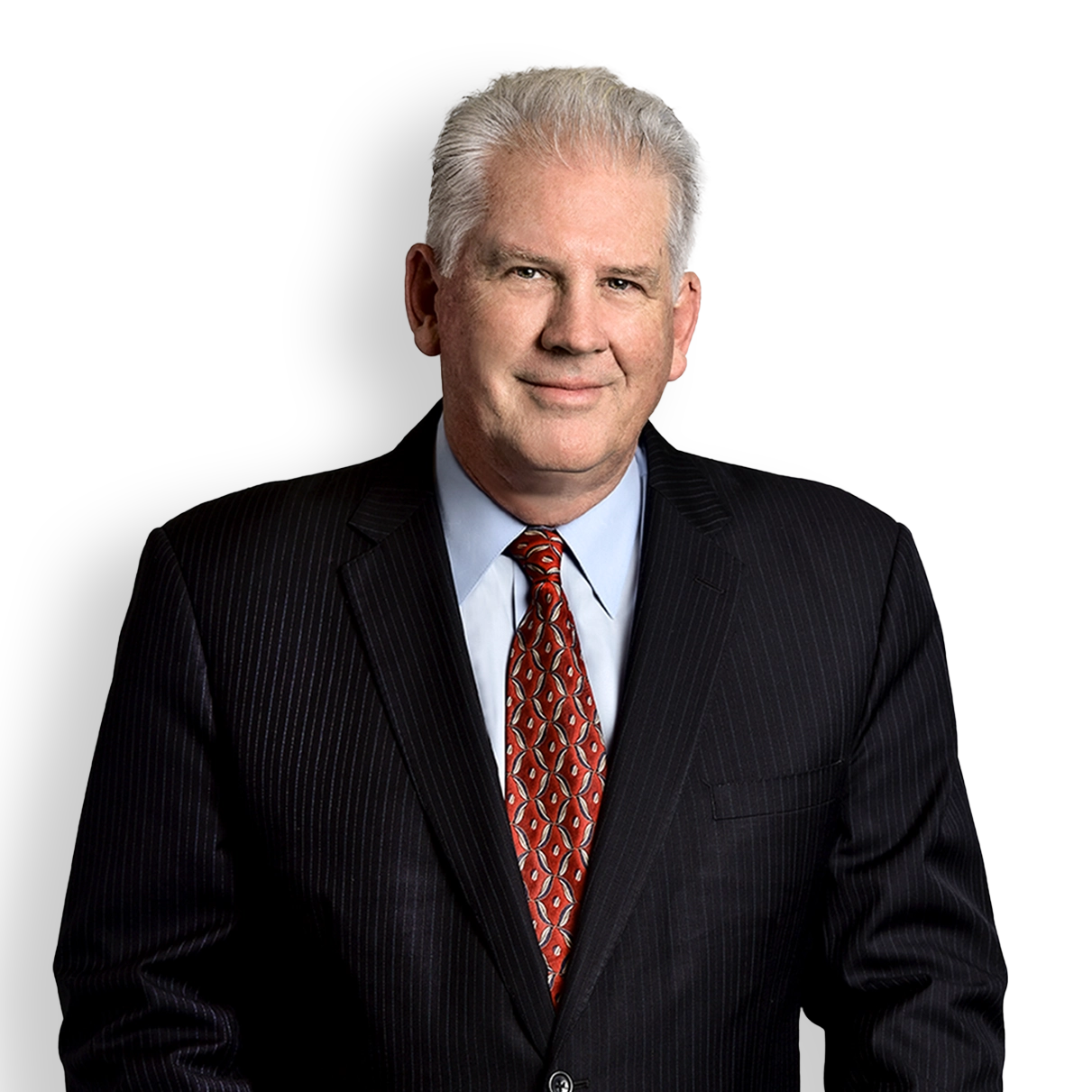AseraCare Court Confirms that Difference of Reasonable Clinical Opinion Cannot Alone Establish Objective Falsity in False Claims Cases

In United States v. AseraCare Inc., decided September 9, 2019, the Eleventh Circuit Court of Appeals ruled that a Medicare hospice claim cannot be deemed false under the federal False Claims Act (“FCA”) based only on a difference in clinical judgment. Instead, there must be proof of an objective falsehood.
The federal False Claims Act imposes treble damages and per-claim statutory damages on any individual or facility that knowingly presents a false or fraudulent claim to the government or who knowingly makes or uses a false record or statement material to a false or fraudulent claim.[1] In AseraCare, the government contended that the hospice claims at issue were false because the defendant hospice providers had certified the patients as eligible for Medicare’s hospice benefits on the basis of clinical judgments that, in the view of the government and its experts, were erroneous, and the government sought $202 million in fines and penalties. Yet, the AseraCare court held that reasonable differences of opinion among physicians who have reviewed the same medical charts is not enough: “A properly formed and sincerely held clinical judgment is not untrue even if a different physician later contends that the judgment is wrong.”
Hospice Certifications and Objective Falsity
The Medicare hospice benefit is unique in that a prerequisite for coverage and payment is a question of physician’s clinical judgment of the likeliness of future events. Specifically, in order for a hospice claim to be eligible for Medicare reimbursement, a physician must “certify in writing at the beginning of [each] period, that the individual is terminally ill . . . based on the physician’s or medical director’s clinical judgment regarding the normal course of the individual’s illness.”[2] “Terminally ill” means that the individual has a medical prognosis that the individual’s life expectancy is 6 months or less if the illness runs its normal course.[3]
Physicians, of course, are neither soothsayers nor seers, and CMS itself has recognized this, cautioning that “[p]redicting life expectancy is not an exact science.”[4] This was the heart of the AseraCare court’s reasoning and decision. AseraCare presented the unhappy circumstance in which the government’s experts opined that the Medicare hospice claims at issue were not supported by sound medical judgment, whereas the defense strongly disagreed. The jury found for the government, but the trial court overturned the verdict as a matter of law, and ruled in favor of the physicians.
In reasoning which the Court of Appeals adopted in the new AseraCare decision, the court explained that “If . . . all the Government needed to prove falsity in a hospice provider case was one medical expert who reviewed the medical records and disagreed with the certifying physician, hospice providers would be subject to potential FCA liability any time the Government could find a medical expert who disagreed with the certifying physician’s clinical judgment.”[5] Hence, the court ruled, reasonable differences of opinion among physicians who have reviewed the same medical charts is not enough: “A properly formed and sincerely held clinical judgment is not untrue even if a different physician later contends that the judgment is wrong.” Instead, the law simply requires that “physicians exercise their best judgment in light of the facts at hand and that they document their rationale.”
Accordingly, in order to properly state a claim under the FCA in the context of hospice reimbursement, a plaintiff alleging that a patient was falsely certified for hospice care must identify an objective and knowing falsehood. Because a difference in clinical opinions does not constitute an objective falsehood, jurors should therefore be instructed that “the mere difference of reasonable opinion between physicians, without more, as to the prognosis for a patient seeking hospice benefits does not constitute an objective falsehood.” The court provided the following examples of situations in which the objective falsity of a clinical judgment could be established: (1) the certifying physician fails to examine the underlying medical records, (2) the certifying physician did not subjectively believe that the patient was terminally ill, or (3) if expert evidence proves that no reasonable physician could have concluded that a patient was terminally ill.
Further Proceedings in AseraCare
Although the Eleventh Circuit affirmed the district court’s determination that a difference of clinical judgment alone cannot establish the required objective falsity for False Claims Act liability, the court overturned the district court’s grant of summary judgment for AseraCare because the district court had erred in only considering evidence presented on falsity at the bifurcated trial. The trial in this case was relatively rare in that it was bifurcated, with evidence of the defendant’s knowledge of falsity reserved for the second phase of the trial. At the time of the trial, the district court had declined to apply the “reasonable physician” standard to the falsity analysis. Thus, the government had reserved evidence concerning alleged flaws in AseraCare’s certification procedures for the second phase of the trial. Against this backdrop, the Eleventh Circuit concluded that the government should have been entitled to use this additional evidence to attempt to demonstrate a genuine issue of material fact on objective falsity.
Although the court vacated the grant of summary judgment, it explicitly noted that the government might not succeed in persuading the district court that triable issues remain on the issues of objective falsity and knowledge. The court noted that the record “raises questions regarding AseraCare’s certification process writ large. But crucially, on remand the Government must be able to link this evidence of improper certification practices to the specific 123 claims at issue in its case.” Thus, if the parties do not settle the case, the district court will need to evaluate whether summary judgment is appropriate on the broader evidentiary record and then, if triable issues remain, hold a new trial.
Commentary
The Eleventh Circuit’s articulation of the objective falsity standard is sensible and avoids potential barriers to critical palliative, end-of-life care. If the law were to allow potential False Claims Act liability in situations where reasonable professional minds could differ as to whether a given patient was “terminal” within the meaning of the Medicare standard, such a rule could easily have a chilling effect on access to hospice care, resulting delays of entry into hospice, or worse.[6] Put another way, to allow FCA liability in such cases would be a cure far worse than the disease.
The biggest question that remains is how widely the AseraCare decision will be applied. The court went to great lengths to confine this standard to the particular eligibility requirements for hospice benefits, including by noting that CMS and Congress placed the “physician’s clinical judgment at the center of the inquiry” concerning hospice eligibility. With respect to proof of the exercise of clinical judgment, the court noted that the relevant regulation requires only that the supporting documentation “accompany the certification” and “be filed in the medical record.” Yet there are myriad other contexts, outside of hospice, that carry similar needs for the exercise of professional judgment, and similar certification and documentation requirements, for example with respect to claims for skilled nursing services. There appears no logical reason why fundamental fairness, the rule of lenity, and the interest of preventing barriers to care would not require that the AseraCare rule apply with equal force in those contexts as well.
For more information, please contact Andrew Struve or Mark Johnson in San Diego, Mark Reagan, Scott Kiepen, Katrina Pagonis or Jordan Kearney in San Francisco, Patric Hooper in Los Angeles, or your regular Hooper, Lundy & Bookman contact.
________________________________
[1] 31 U.S.C. §§ 3729 – 3733.
[2] 42 U.S.C. § 1395f(a)(7)(A).
[3] 42 U.S.C. § 1395x(dd)(3)(A).
[4] 75 Fed. Reg. 70372, 70448 (Nov. 17, 2010).
[5] U.S. ex rel. Paradies v. AseraCare, Inc., 176 F.Supp.3d 1282, 1285, (N.D. Ala. 2016).
[6] False Claims Act liability can be very harsh, as the monetary penalties can total three times of amount of the claim, plus fines of $11,181 to $22,363 per claim, in addition to legal fees that accrue over lengthy investigations and litigation. The underlying case in AseraCare began more than a decade ago with a 2008 complaint filed by three former AseraCare employees.





